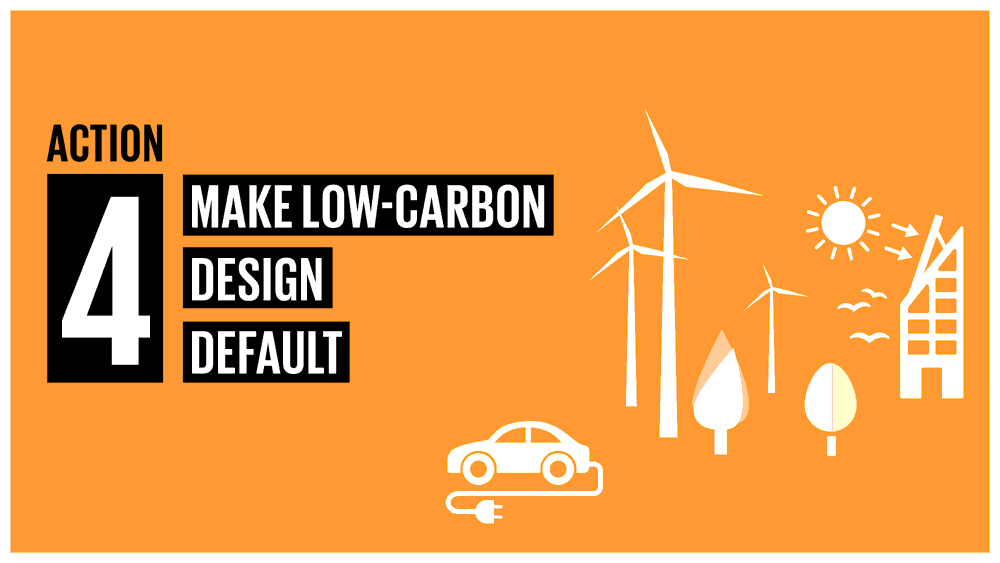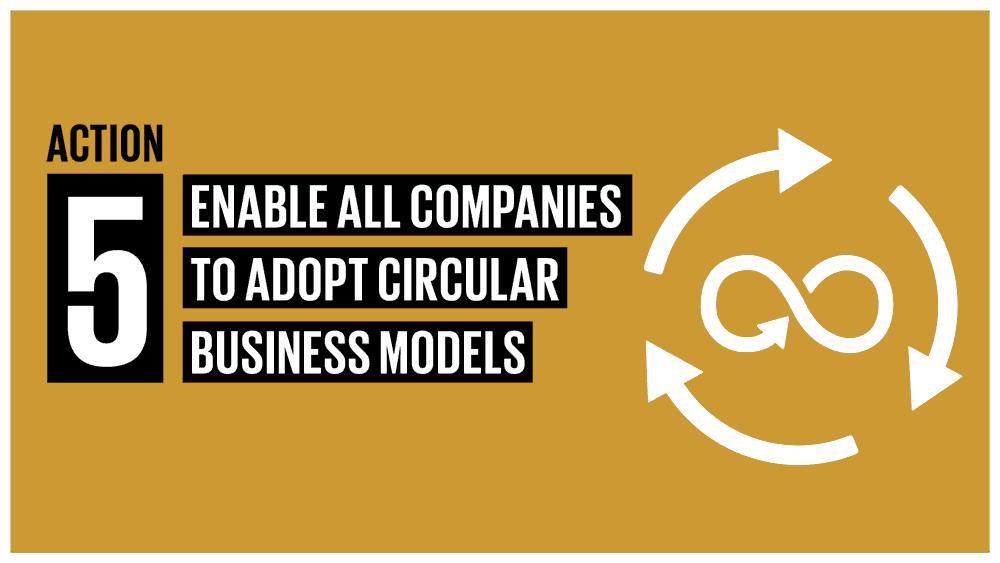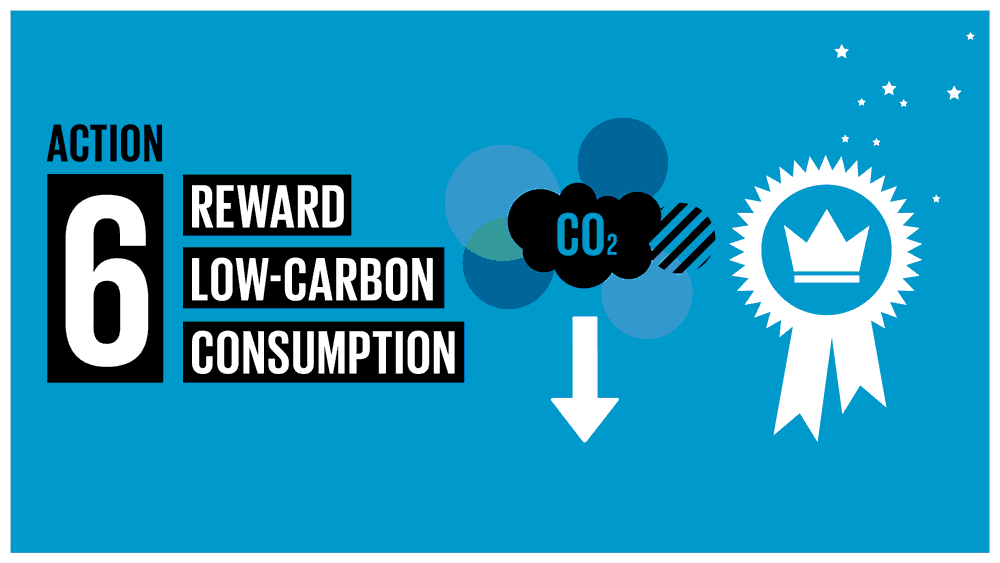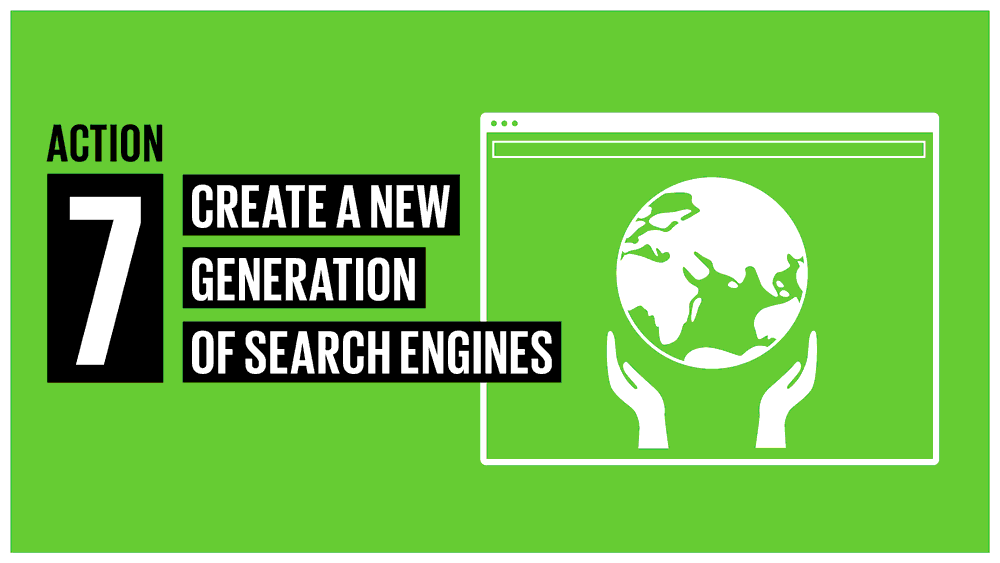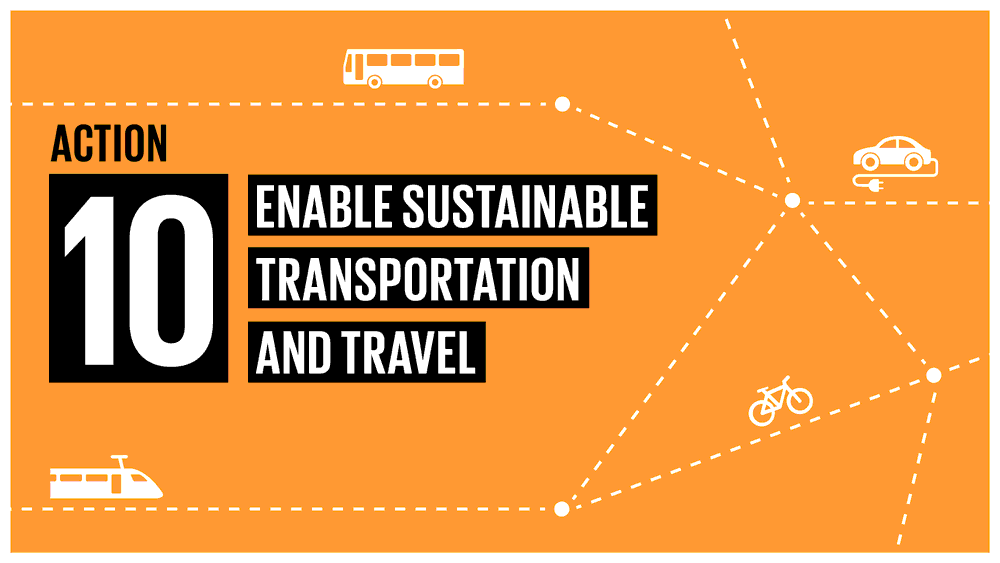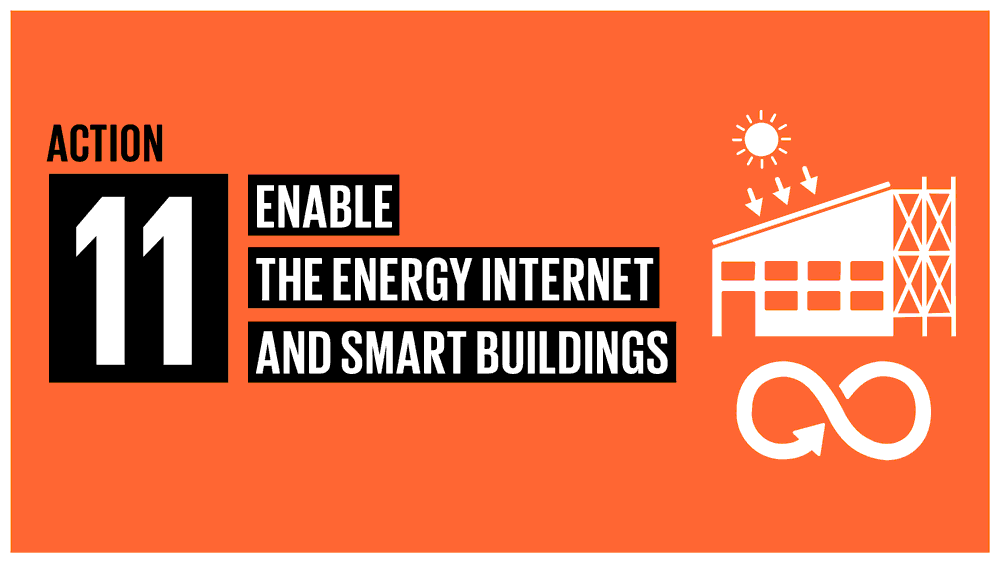In a deal that made few ripples outside the energy industry, two very large but relatively obscure companies, Rockwell Automation and Schlumberger Limited, announced a joint venture called Sensia. The new company will “sell equipment and services to advance digital technology and automation in the oilfield,” according to the Houston Chronicle. Yet the partnership has ramifications far beyond Houston’s energy corridor: It’s part of a growing trend that sees major tech companies teaming with oil giants to use automation, AI, and big data services to enhance oil exploration, extraction, and production.
Rockwell is the world’s largest company that is dedicated to industrial automation, and Schlumberger, a competitor of Halliburton, is the world’s largest oilfield services firm. Sensia will be, according to the press release, “the first fully integrated digital oilfield automation solutions provider.” It will enable drilling rigs to run on automated schedules, enhance communication between oilfield equipment, and help machinery assess when it is in need of repair or modification—all in the name of making drilling for oil smarter, cheaper, and more efficient.
As the Chronicle put it, Sensia will “help producers churn out more oil and gas with fewer workers.” Which, of course, is precisely the opposite of what needs to be happening in regards to the churning out of oil right now.
The specter of catastrophic climate change has never loomed so large. The most recent major United Nations report by the world’s top climate scientists concluded we have just over a decade to draw down emissions to the point that we might avoid runaway climate change and the soaring temperatures and rising sea levels that will accompany it.
And yet, the biggest and most influential tech companies are making deals and partnerships with oil companies that move the needle in the opposite direction. Amazon, Google, and Microsoft have all struck lucrative arrangements—collectively worth billions of dollars—to provide automation, cloud, and AI services to some of the world’s biggest oil companies, and they are actively pursuing more.
These deals, many of which were made just last year, at what may be the height of public awareness of the threats posed by climate change, are explicitly aimed at streamlining, improving, and rendering oil and gas extraction operations more profitable. These deals weren’t secret and many have been openly reported in trade journals and business sections, but somehow big tech’s sweeping embrace of the oil industry has managed to escape wider notice and criticism.
“It is indeed disturbing to see the tech industry helping move civilization back into the fossil age even as they purport to be about cutting edge technology intended to lead us into the future,” said Dr. Michael Mann, Distinguished Professor of Atmospheric Science at Penn State. “It ultimately speaks to the amorality of corporate interests.”
While Google, Microsoft, and Amazon may put on a progressive air towards climate change and extol their own clean energy investments, they are in reality deep into the process of automating the climate crisis.
Google recently drew criticism for spending $25,000 to co-sponsor a conference, along with Microsoft, which featured groups that promote climate change denial. Yet Google itself is helping fossil fuel companies utilize a wide range of its technologies to get oil and gas out of the ground, which will, undeniably, accelerate the process of climate change.
Last year, Google quietly started an oil, gas, and energy division. It hired Darryl Willis, a 25-year veteran of BP, to head up what the Wall Street Journal described as “part of a new group Google has created to court the oil and gas industry.” As the VP of Google Cloud Oil, Gas, and Energy, Willis spent the year pitching energy companies on partnerships and lucrative deals. “If it has to do with heating, lighting or mobility for human beings on this planet, we’re interested in it,” Mr. Willis told the Journal. “Our plan is to be the partner of choice for the energy industry.”
Just last year, Google Cloud and the French oil giant Total “signed an agreement to jointly develop artificial intelligence solutions for subsurface data analysis in oil and gas exploration and production,” according to the trade outlet Rigzone.
The division also inked a partnership with Houston oil investment bank Tudor, Pickering, Holt & Co, which the Chronicle noted “will give Google a more visible presence in Houston as one of its oldest industries works to cut costs in the wake of the oil bust and remain competitive as electric vehicles and renewable power sources gain market share.” (In case that wasn’t clear, yes, this partnership is touted as helping oil companies staying competitive against renewable energy companies.) Google also struck major deals with the oilfield services company Baker Hughes, and the aforementioned Schlumberger. It even entered into talks to build a tech hub and data centers for Aramco, Saudi Arabia’s incomprehensibly massive oil company.
Finally, to close out its year of courting the oil and gas industry, Google closed a deal with Anadarko Petroleum. As the Financial Times reported in December, “Google and Anadarko Petroleum, one of the largest US exploration and production companies, are using artificial intelligence to analyse large volumes of seismic and operational data to find oil, maximise output and increase efficiency.”
So, Google is using machine learning to find more oil reserves both above and below the seas, its data services are streamlining and automating extant oilfield operations, and it is helping oil companies find ways to trim costs and compete with clean energy upstarts. It’s barely worth noting at this point that precious little, if any, DNA from Google’s Don’t Be Evil days persists. Still, it’s striking to see Google transforming itself into a veritable innovation arm of the fossil fuel extraction industry—at precisely the time when an understanding that climate change poses an existential threat to populations across large swaths of the globe has never been more acute.
It may perhaps come as less of a surprise that Amazon too has an Oil & Gas division of its omnipresent Web Services division (AWS), and that it is unabashed in pitching its services to fossil fuel producers small and large. Amazon, after all, has long badly lagged among tech companies in adopting renewable energy and sustainability measures. It did, however, just announce Shipment Zero, a “vision” for reducing and offsetting its shipping emissions to “net zero.”
Yet Amazon also hosts a detailed web page courting fossil fuel companies, which opens with the following pitch: “AWS allows Oil and Gas companies to streamline and reinvent complex, customized IT workflows to thrive despite low prices, shrinking margins, and market volatility. Explorers can extract deep insights faster to improve field planning, geoscientists can run more demanding HPC workflows and identify potential reservoirs faster and cheaper, and refineries can optimize production with predictive maintenance and predictive inventory planning.”
Also unsurprisingly—given that AWS provides web services to a considerable portion of the entire internet—it has some high-profile clients in the oil majors, including BP and Royal Dutch Shell, as well as other players like GE’s oil business. Like Google, Amazon’s service promises to help fossil fuel companies harness AI—”AWS advanced machine learning and HPC tools allow oil and gas companies to reduce the time required for seismic data processing from several months to a few days”—and automation: “Accelerate deeper geological insights to improve decision making in exploration and production, and yield more productive oil extraction. Automate time-consuming processes, and achieve results with greater accuracy.”
Amazon appears just as eager to move further into the lucrative fossil fuels business, to deploy machine learning and automation to help oil companies maximize their extraction and production capabilities, and thus maximize carbon emissions at a time when it seems imperative that companies be focused on doing the opposite. To top it all off, Amazon itself recently became an actual oil company.
Bill Gates is one of the world’s leading philanthropists. He heads a $1 billion climate action fund and has published his own point-by-point plan for fighting climate change. Notably absent from that plan is “Empowering Oil & Gas with AI,” which was, word-for-word, the theme of Microsoft’s 2018 exhibition at the Abu Dhabi International Exhibition & Conference, one of the largest global events for the oil and gas sector.
“AI, leveraging of the intelligent cloud and edge computing ... these manifest in better reservoir characterization, optimized drilling, reduced downtime, and safer operations to mention a few,” a Microsoft director said at the conference.
Meanwhile, the firm Gates founded is two years into a seven-year deal—rumored to be worth over a billion dollars—to help Chevron, one of the world’s largest oil companies, better extract and distribute oil.
“Chevron is a very sophisticated consumer of data, compute and IoT,” Tom Keane, head of global infrastructure for Microsoft Azure, the company’s cloud services department, said in a press release when the deal was announced. “While they’re excellent today at high-performance computing, the intent of this partnership is, ‘How can we bring that together with Microsoft Azure and more efficiently do oil exploration?” How indeed.
Microsoft Azure has sold machine vision software to Shell, and is powering its all-out “machine learning push.” It has helped BP build an AI tool to help determine how much oil in a given reserve is recoverable. And Microsoft’s data services are helping XTO, a subsidiary of Exxon, “to gain new insights into well operations and future drilling possibilities.”
Microsoft Azure has also partnered with Equinor (formerly called Statoil, it’s Norway’s state-owned oil company), to provide data services in a deal worth hundreds of millions of dollars.
Honestly, the list goes on—and every single one of those endeavors is actively working against the very ventures and climate action plans Gates is proposing on the philanthropy circuit.
Silicon Valley’s mythology has always been predicated on the notion that its firms and founders would behave differently, and more aspirationally, than the industries of old. “Changing the world,” while always a notably unspecific mantra, was supposedly intended to precede “into something better.” But industries don’t get any older than fossil fuels. And they don’t get any worse for the climate.
The science couldn’t be clearer. Fossil fuels need to stay in the ground, as much as possible. It might actually be accurate to say that the very last thing the world needs is an advanced AI that can better detect new oil reserves. Or a machine learning program that can squeeze more carbon-rich gas out of an underperforming well. Or rig machinery that works flawlessly in tandem with a network of other automated drilling rigs until the sea levels rise high enough to flood all their sensors.
I am not sure how Google’s mission of indexing all the world’s information came to contain the side quest of helping the world in which it sits burn. Or how Bill Gates can talk about fighting climate change at Davos while his company props up and propels its actual largest contributors. (The most impactful move Gates could probably make at this point would be to ask Microsoft to cut ties from the fossil fuel industry.) Or how Amazon can advertise services aimed to optimize the obtaining and burning of carbon with the same blase copy with which it advertises Kindle self-publishing services.
These companies, the climatologist Michael Mann says, have a responsibility to use their capacity for innovation to mitigate the climate crisis, not worsen it. “Under Eric Schmidt’s leadership, Google was doing just that. It appears that they have lost their corporate moral compass,” he says. “As I have commented before, it appears that Google dropped the ‘Don’t’ from their original motto.”
I reached out to each of these companies and asked them point blank whether they considered it ethical to build AI and automated systems, to provide data services to the companies that are actively accelerating climate change. Not a single one even bothered to respond.
To reiterate: We’ve never had a better, fuller grasp of how dangerous climate change is—if you need more info, Google it. And yet our most powerful and admired tech companies appear content to use their cutting edge innovations to exacerbate what is likely the most dire threat to human civilization for a reward as dull and depressing as a share in the oil money.
Maybe this is how Silicon Valley exceptionalism finally really ends—not with a scandal, or a burst bubble, but a quiet, slow-rolling merger with Big Oil.
This story is part of Automaton, an ongoing investigation into how AI and automation is reshaping the human landscape. For tips, feedback, or other ideas about living with the robots, I can be reached at bmerchant@gizmodo.com or on Twitter.



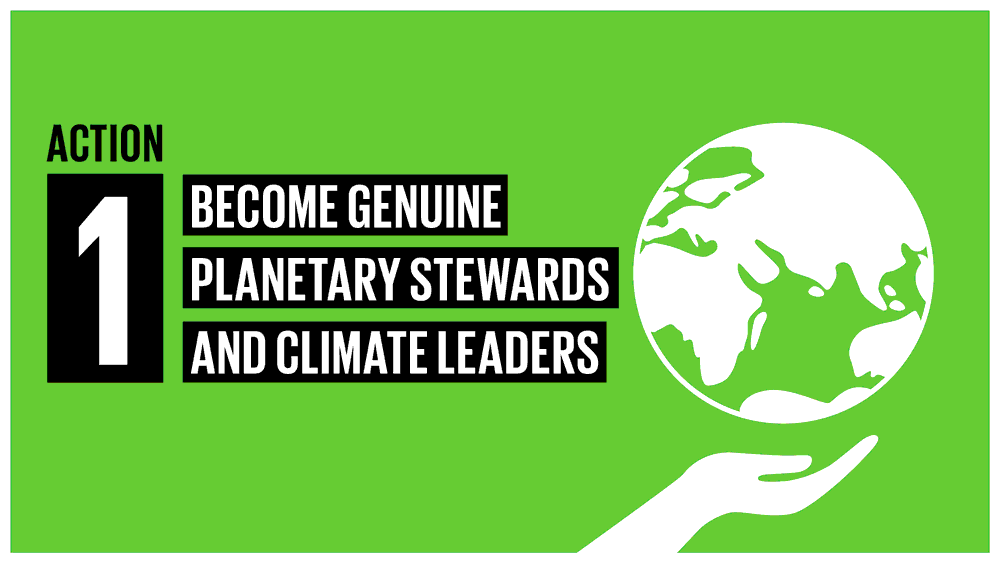 Tech giants go to great lengths to show how serious they are about
Tech giants go to great lengths to show how serious they are about 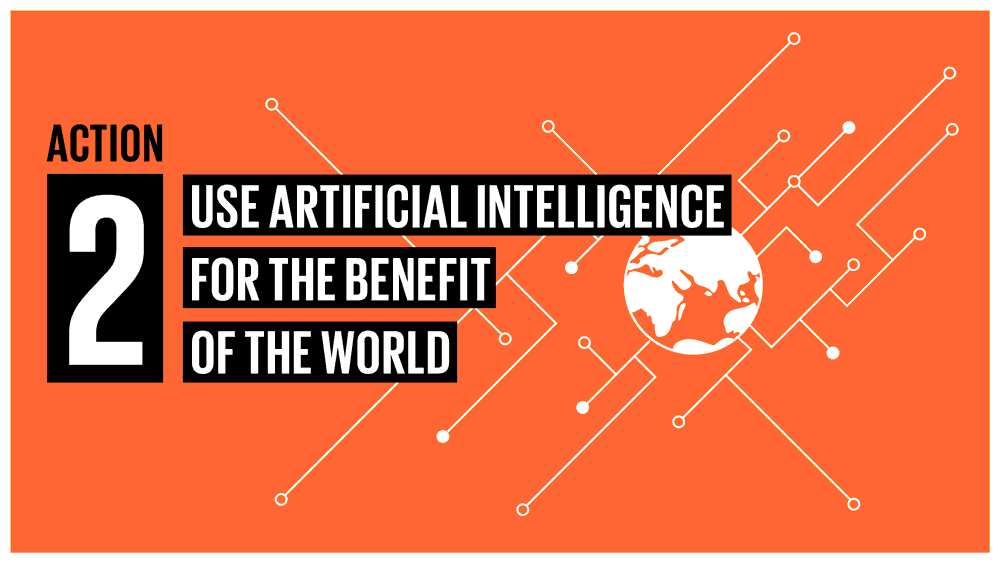 Increasingly, consumers are delegating their decisions to narrow artificial intelligence like Alexa and Siri. Welcome to a world of zero-click purchases.
Increasingly, consumers are delegating their decisions to narrow artificial intelligence like Alexa and Siri. Welcome to a world of zero-click purchases.
